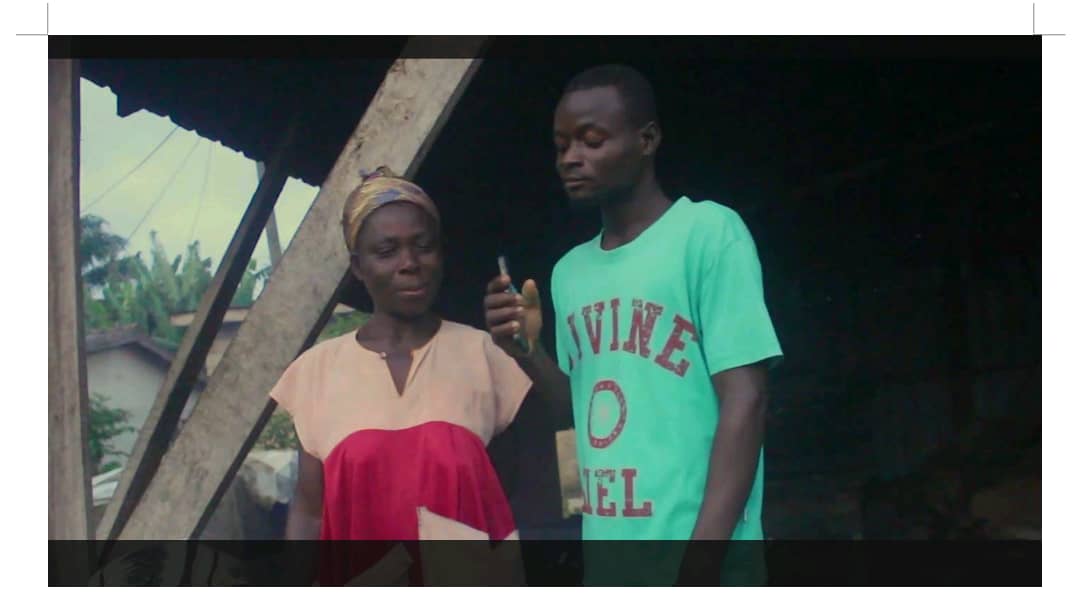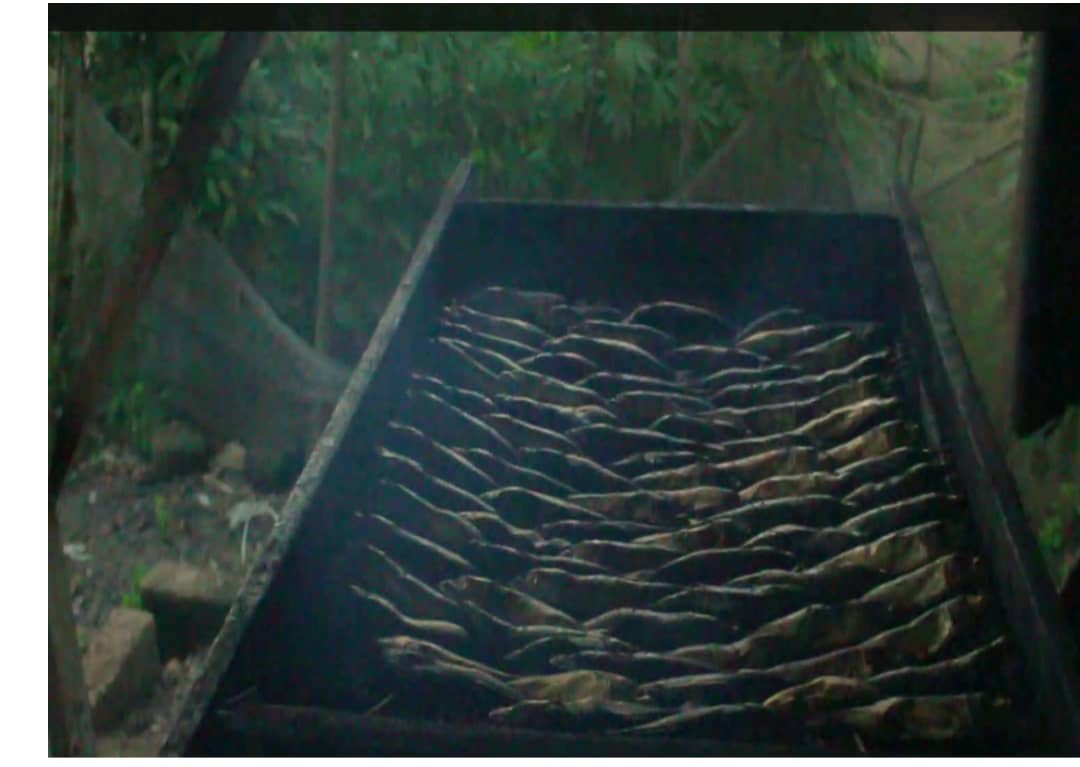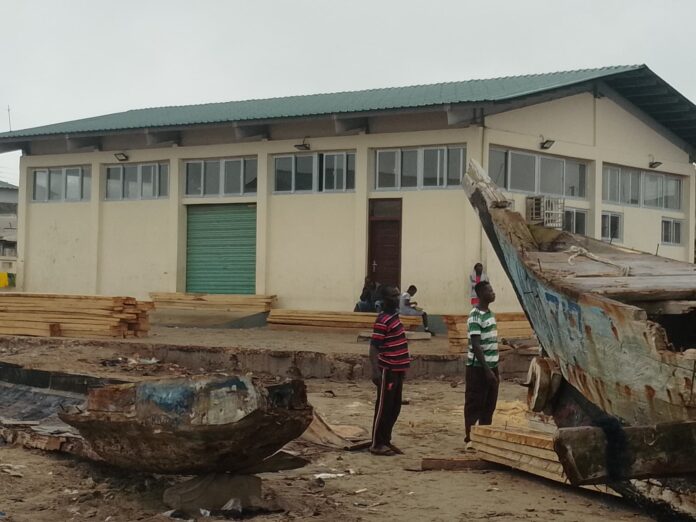For the fishermen and fishmongers of this coastal town, the annual month-long closed season is less a conservation measure and more a period of dreaded economic paralysis.
As leaders of the fishermen enforce the ban to allow fish stocks to recover, the very people who depend on the sea for survival say they are left to sink without any support, highlighting a critical gap in the nation’s economic safety net.
The bustling Winneba fish market, typically a vibrant hub of activity, now wears a deserted look. The wooden canoes sit idle on the shore, and the voices of fishmongers haggling with customers have fallen silent.
This annual pause, while ecologically necessary, exposes a harsh reality: the absence of financial assistance, government initiatives, or NGO support for the community that forms the backbone of the local economy.
“We are not against the closed season. We understand the sea needs to rest,” said Akua, a fishmonger with over two decades of experience. “But what about us? How are our families supposed to eat? There is no support, no financial assistance. The government should do something to save lives. she stressed.

The closed season, which happens every year, brings an immediate halt to livelihoods. Fishermen cannot go to sea, and fishmongers, like Akua, have no product to sell.
With no income for four weeks, savings are rapidly depleted, and debts accumulate for expenses like school fees and rent.
“The market is the lifeblood of Winneba. When it stops, the whole town feels it,” explained Kojo Mensah, a local canoe owner. The government talks about economic growth, but they see no improvement here. There are no programs for us during this period, no soft loans to help us survive. We have not seen any NGO come to our aid. We are completely on our own.”
The community’s frustration is compounded by the cyclical nature of the problem. Each year, they anticipate the hardship, and each year, they face it with the same lack of resources.
This perpetual state of insecurity prevents any meaningful investment in their businesses or long-term planning, trapping them in a cycle of subsistence living.
The situation in Winneba serves as a microcosm of a broader challenge within Ghana’s economy, where small-scale informal workers, who form a significant part of the workforce, often operate without a social safety net.
The resilience of the fisherfolk is being tested not just by environmental policies but by systemic neglect.

Despite the overwhelming challenges, a flicker of determination remains. “We have no choice but to be resilient,” Grace Mensah added.
“But resilience does not put food on the table. We need action, not just empty promises. We are calling for a direct dialogue with the authorities to find a solution that protects both the fish and the people.”
As the closed season continues, the women fishmongers of Winneba wait. Their empty stalls and quiet conversations are a stark illustration of an economy that has yet to find a way to support its most vital contributors, leaving them to weather the storm alone.
Source: Mark Gmapue
Journalism and media studies student
University of Education Winneba
(JMS-UEW)



